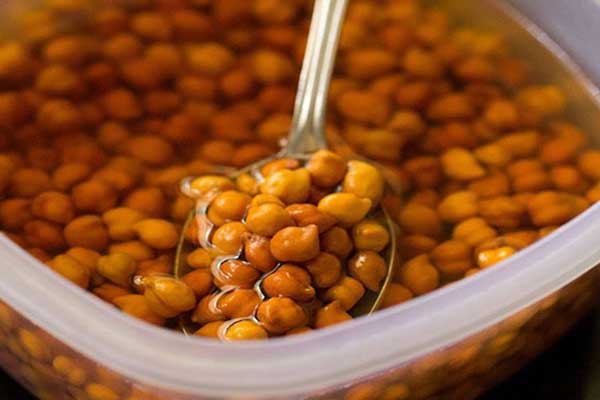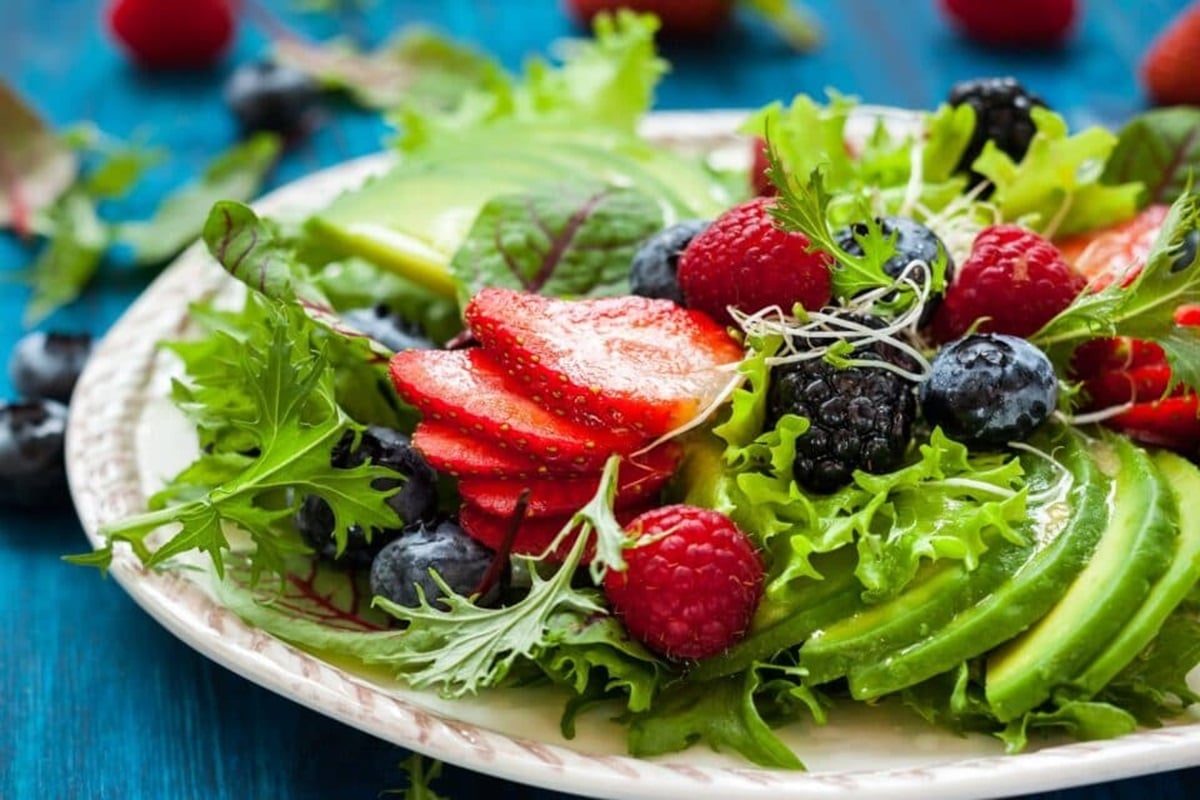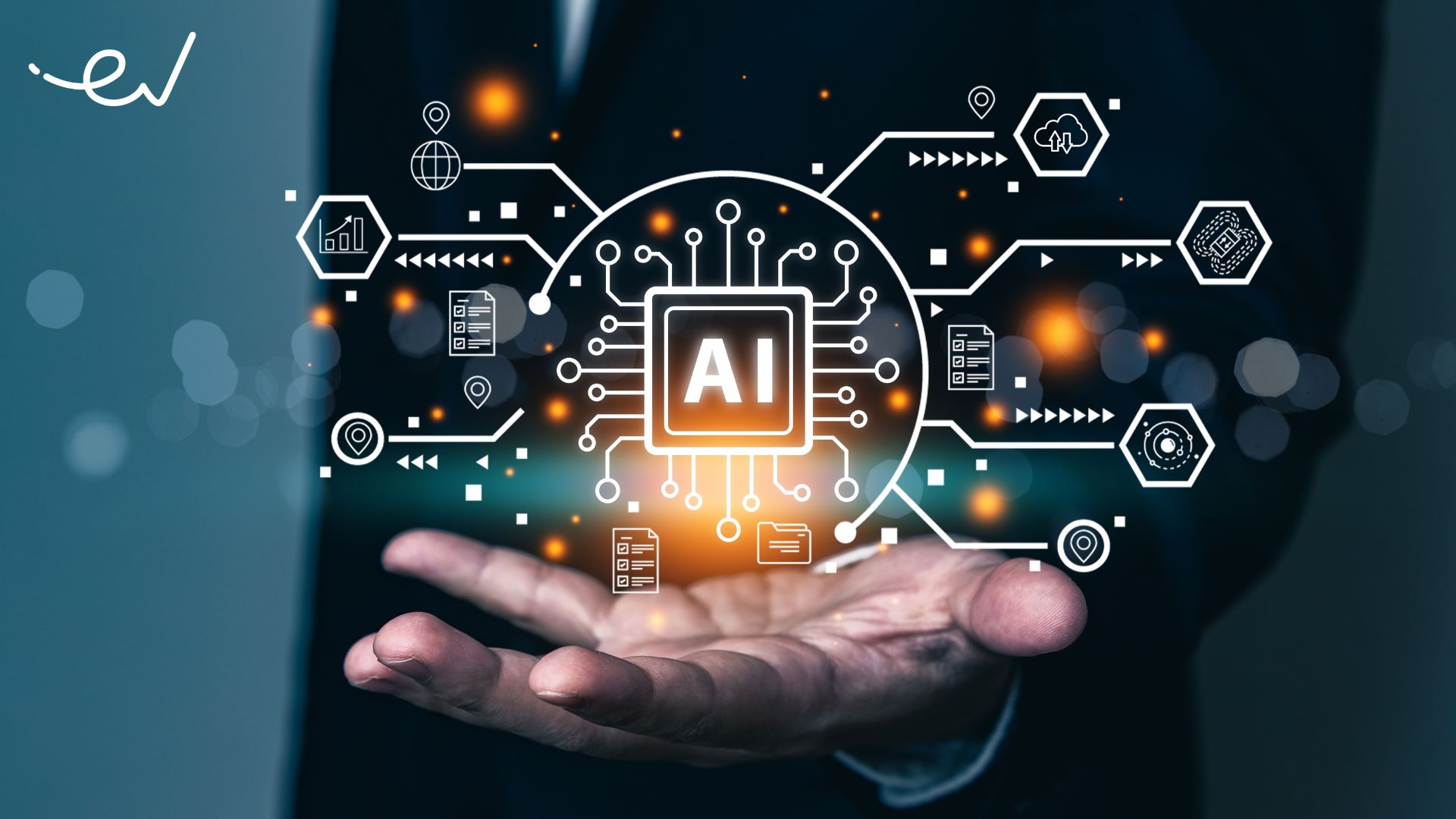Chickpeas, versatile and nutritious, can be enjoyed in various forms—raw, boiled, or as a flavorful curry. When soaked and combined with raw ginger, chickpeas become a nutrient-dense food that provides essential vitamins, fiber, and protein, all while being low in fat.

Key Benefits of Consuming Chickpeas:
- Weight Management: Chickpeas are an excellent food for those looking to manage their weight. The low-fat content, coupled with high levels of protein and fiber, make them a filling food that can help curb appetite and reduce overeating.
- Blood Sugar Regulation: Starting your day with soaked raw chickpeas on an empty stomach can have significant health benefits. They contain complex carbohydrates that slow digestion and control sugar absorption, which can lower blood sugar levels and decrease the risk of type 2 diabetes.
- Nutrient-Rich: Packed with protein and fiber, chickpeas are also low in calories and have a low glycemic index, keeping you satiated for longer periods and supporting weight loss efforts.
- Hair Health: For lustrous hair, incorporating soaked chickpeas into your daily diet is beneficial. They are rich in vitamins A and B6, as well as minerals like zinc and manganese, which contribute to maintaining healthy hair.
- Cardiovascular Health: Chickpeas contain minerals such as magnesium and potassium, which help reduce high blood pressure and bad cholesterol levels, promoting a healthy heart.
- Cancer Risk Reduction: The antioxidants present in chickpeas may lower the risk of certain cancers, including breast and lung cancer.
- Anemia Prevention: High in iron, chickpeas can improve hemoglobin levels, making them particularly advantageous for individuals with anemia.
- Anti-Aging Properties: Regular consumption of raw chickpeas can aid in reducing wrinkles and fine lines due to the presence of manganese, which has anti-aging benefits.
Chickpeas are not just a culinary delight but a nutritional treasure trove that offers a multitude of health benefits. Whether you’re looking to improve your diet, manage your weight, or simply enjoy a delicious meal, chickpeas are a versatile ingredient that can enhance your overall well-being.


